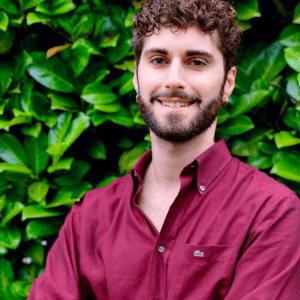News & Events
We study the joint design of nonlinear income and education taxes when the government pursues redistributive objectives. A key feature of our setup is that the ability type of an agent can affect both the costs and benefits of acquiring education. Market remuneration of agents depends on both their innate ability type and their educational choices. Our focus is on the properties of constrained efficient allocations when educational choices are publicly observable at the individual level, but earned income is subject to misreporting. We find that income-misreporting (IM) affects the optimal distortions on income and education and shed light on the reasons for it and mechanisms through which it is done. We show how and why IM strengthens the case for downward distorting the educational choices of low-ability agents. Finally, we find that IM provides another mechanism that makes commodity taxation useful.



